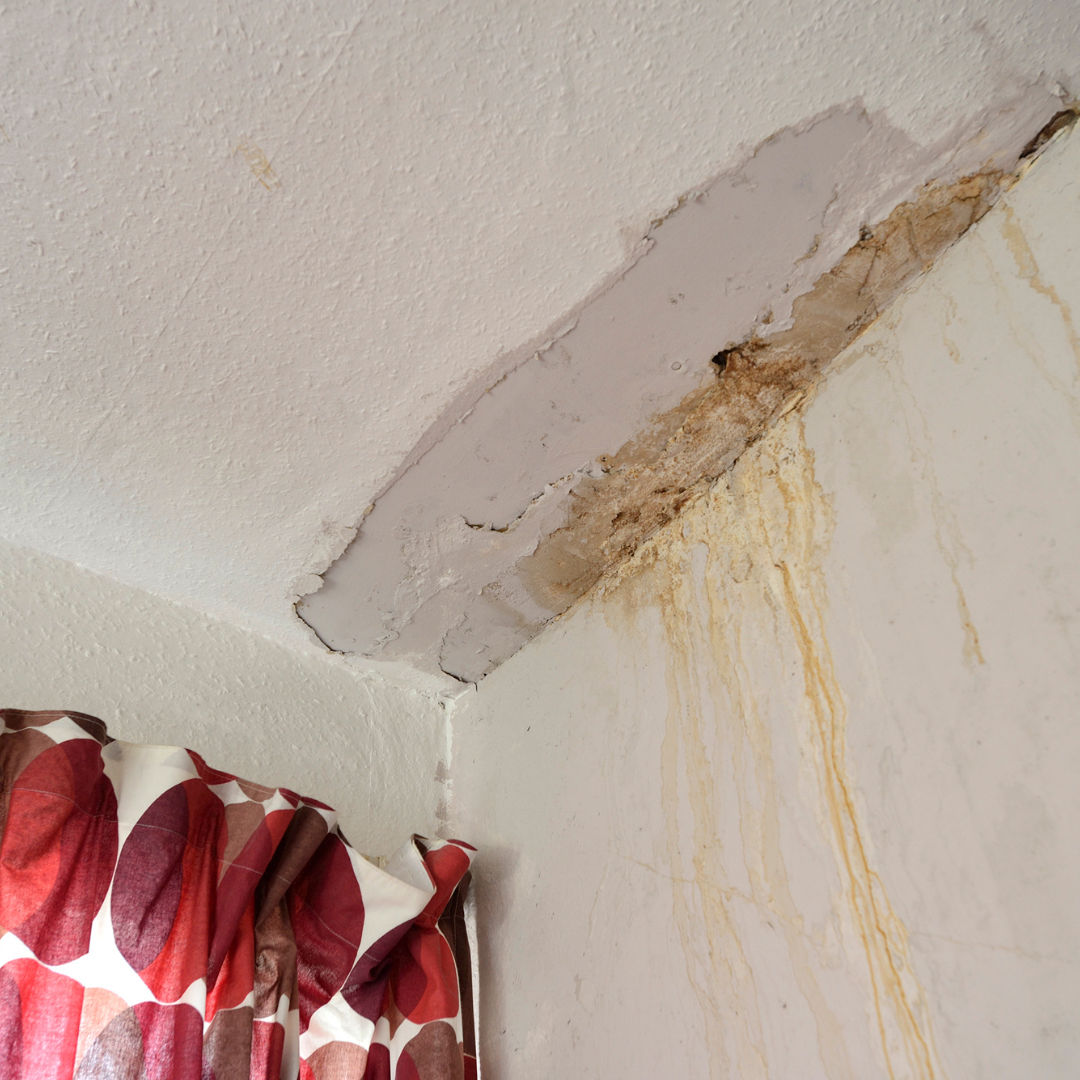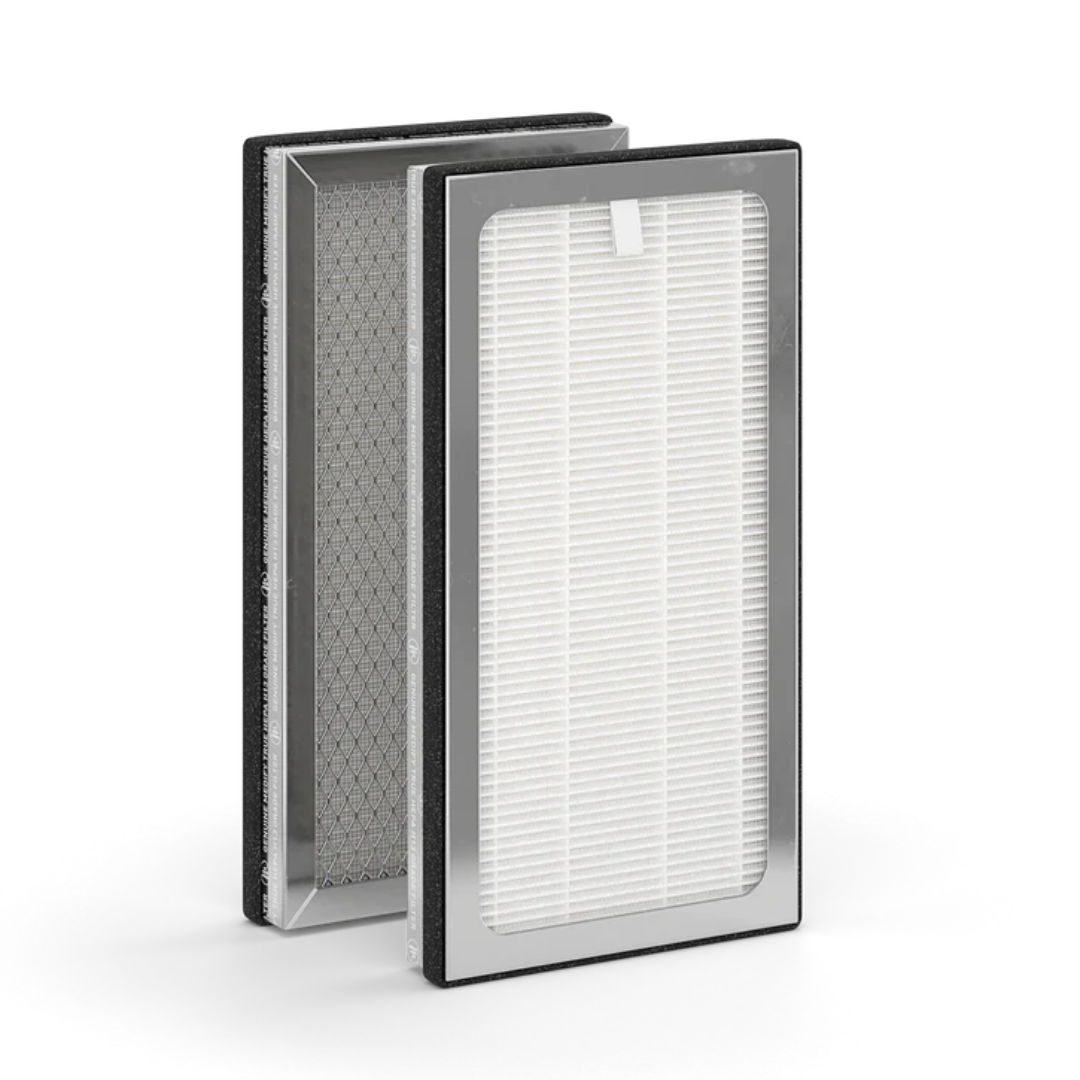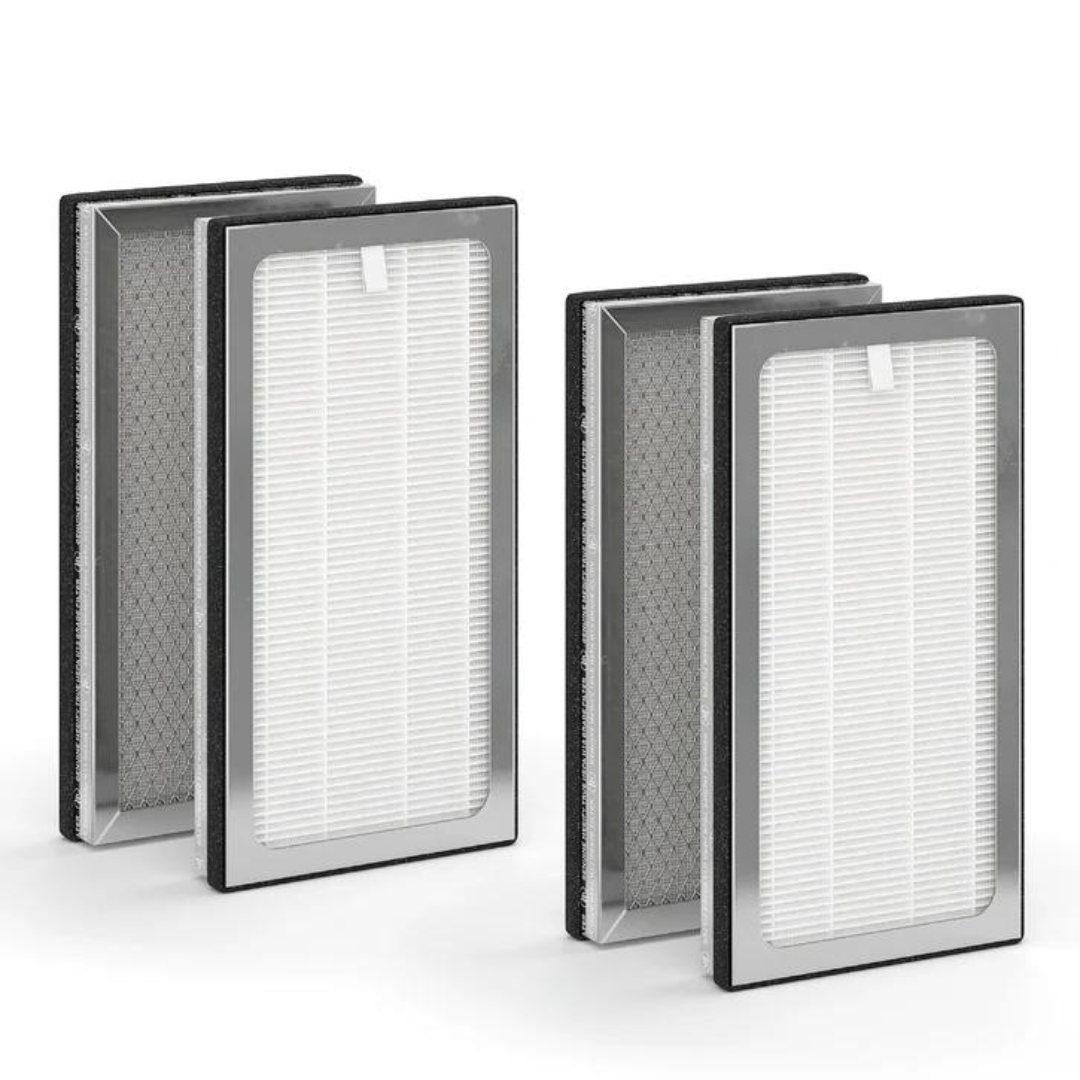If you’re reading this, you or someone you know may have been exposed to mold and is experiencing related symptoms. Mold can cause a range of health issues, including allergic reactions. By following proper prevention and treatment guidelines, those affected can improve their well-being.
Understanding Mold Exposure
Mold is a widespread issue in many homes and can pose health risks, especially for individuals with allergies or respiratory problems. Mold thrives in moist environments such as bathrooms and basements, and can also grow outside where water collects. For people with allergies or asthma, mold exposure can exacerbate symptoms like coughing, sneezing, headaches, and fatigue.
Identifying Mold Growth
Signs of mold growth include discoloration on walls, musty odors, water stains, and peeling paint. Black mold, in particular, tends to grow in high-humidity areas such as bathrooms, basements, kitchens, attics, and laundry rooms. Regular inspections for moisture buildup in these areas can help detect mold early.
Key Areas for Mold Prevention
To prevent mold growth, focus on controlling indoor humidity and using effective cleaning methods. Keep humidity levels low and promptly address any water spills. Ensure that moist air from bathrooms, laundry rooms, and kitchens is ventilated outdoors using exhaust fans and proper ventilation systems. This helps prevent mold from spreading throughout your home.
Preventing Mold Growth
Maintaining a humidity level between 30–50% is crucial for mold prevention. Use a dehumidifier if necessary and regularly check damp areas like bathrooms and basements for mold. Clean any visible mold with detergent or a bleach solution and repair leaks immediately. Using an air purifier with a HEPA filter, such as those from Medify, can help remove airborne mold spores and other allergens, improving indoor air quality.
Treating Mold Exposure Symptoms
If you’re experiencing symptoms from mold exposure, medication can help manage them. Antihistamines can alleviate sneezing and coughing, while corticosteroids may be needed for more severe reactions like breathing difficulties. Immunotherapy might be considered for chronic allergies. Along with medication, maintaining a clean and dry environment, regularly vacuuming with a HEPA-filter vacuum, and using Medify air purifiers can help minimize exposure to allergens.
The Role of Air Purifiers in Combating Mold and Other Allergens
Air purifiers are effective in improving indoor air quality by removing airborne contaminants, including mold spores. Medify air purifiers, equipped with advanced HEPA filters, are designed to capture allergens such as dust mites, pollen, pet dander, and mold spores. This can enhance respiratory health and reduce the risk of chronic conditions. Some models also feature UV light technology to kill germs. When choosing an air purifier, consider factors like size, coverage area, filter type, noise level, and energy efficiency to find the best option for your needs.
Preventing mold exposure involves managing humidity, improving ventilation, and keeping your home clean. Using a Medify air purifier with a HEPA filter can help eliminate airborne mold spores and other allergens, creating a healthier indoor environment. If you suspect mold exposure, seek medical advice and take necessary actions promptly.



